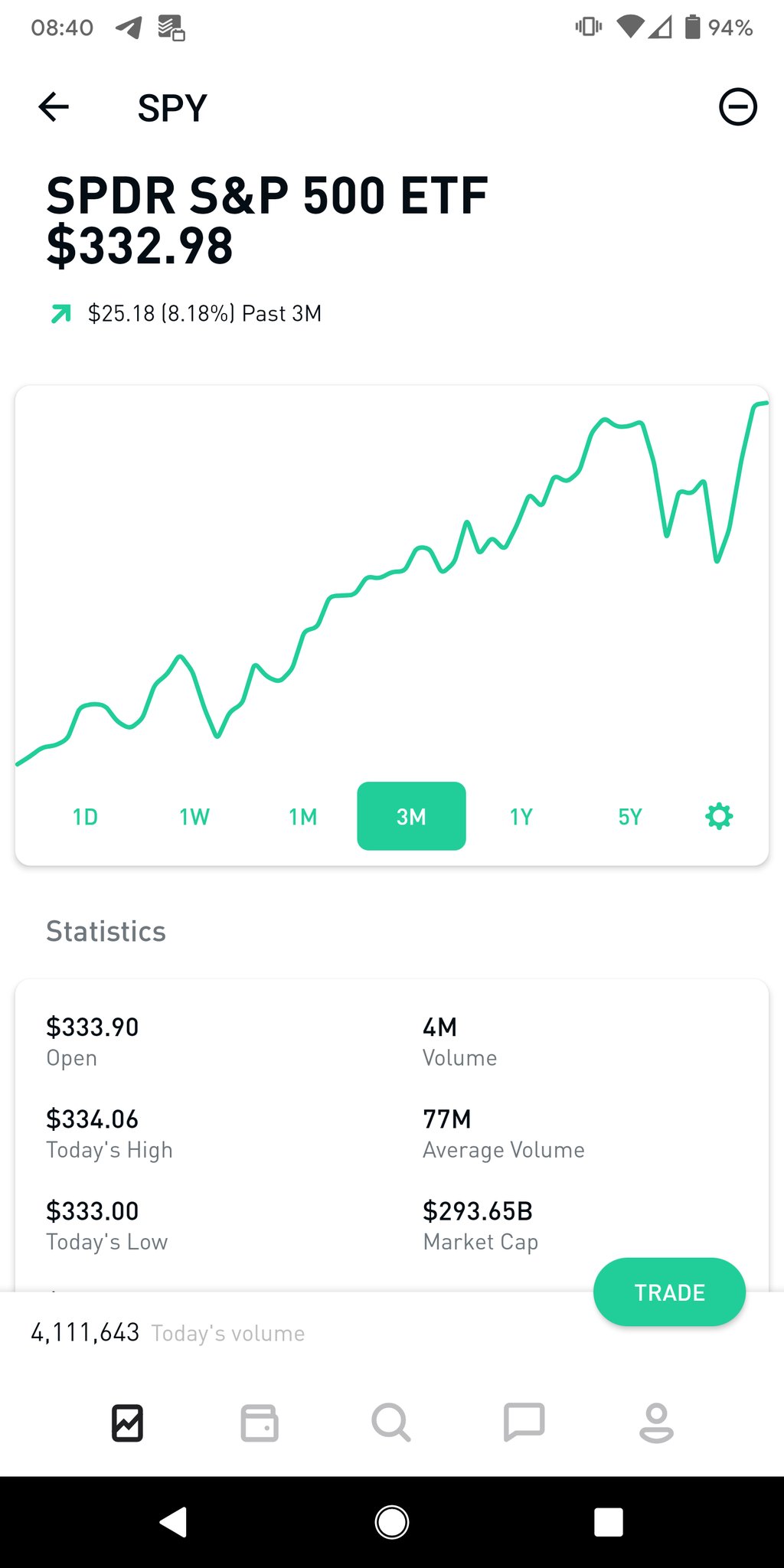Do you start each day feeling motivated? Are you working towards a goal you’re physically excited about? If not, you may be lacking a captivating vision.
“Vision” sounds like consultant-corporate-mumbo-jumbo. It’s actually a simple and useful tool. A good vision is an outcome that:
(1) you can picture (a vision!)
(2) excites you
If you can’t picture what you’re working towards, it’s not a vision.
If it’s not an outcome you’re excited about, it’s not good. That’s it.
Good vision: We’re going to build a colony on Mars.
Bad vision: We’re going to promote excellence and be the best company in our industry.
This doesn’t just apply to companies. If you’re not excited about your life, you may be lacking a captivating vision for yourself. Fix it now.




